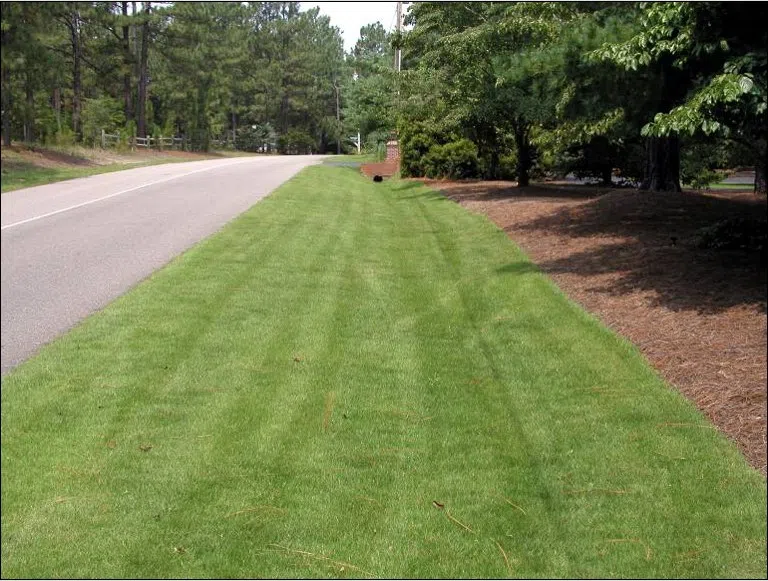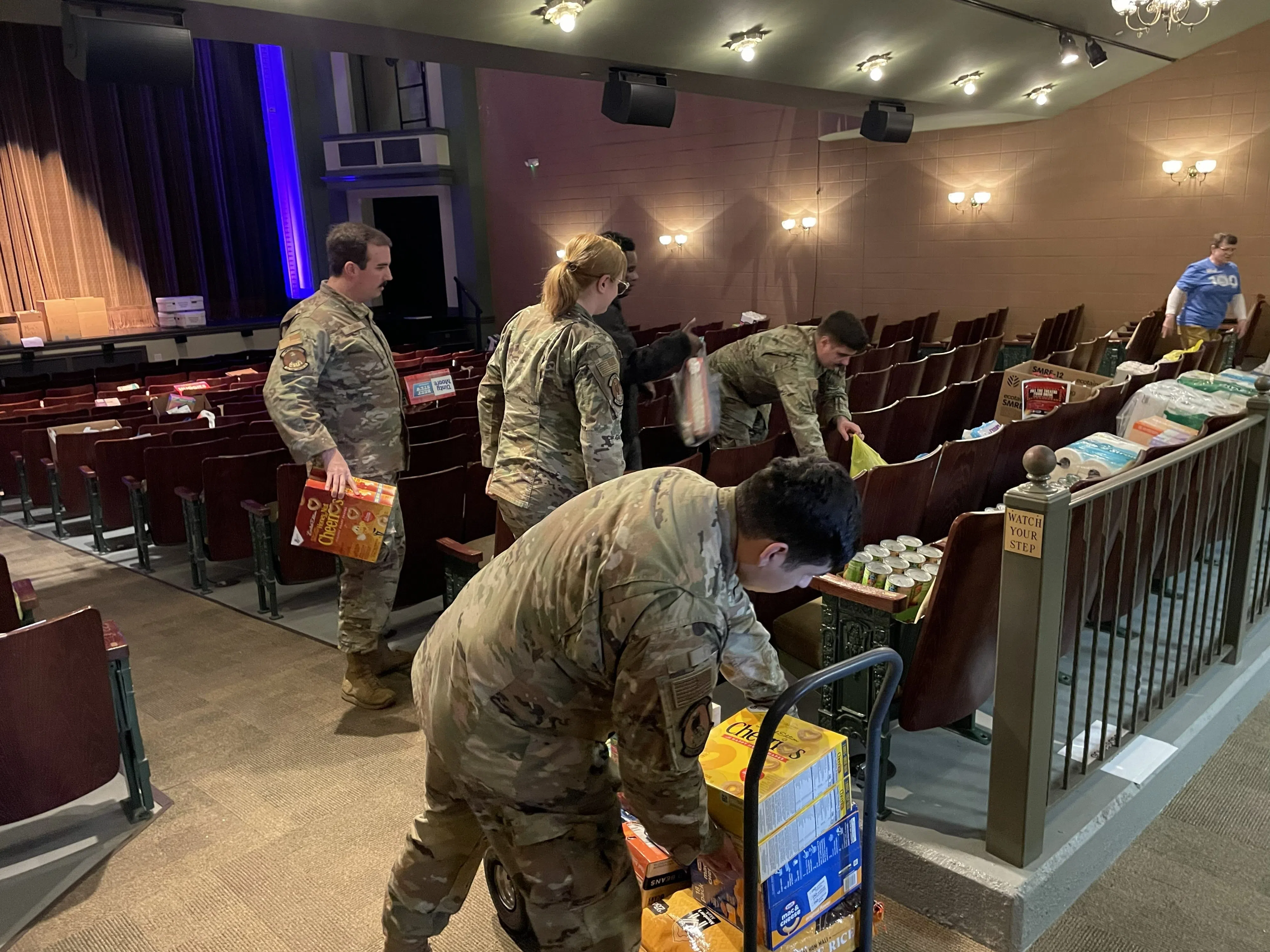Extension Agent Warns Against Nitrogen-Based Fertilizers for Warm-Season Grasses
By Jessica Strickland, Wayne County Horticulture Extension Agent
As autumn temperatures arrive in Eastern North Carolina, homeowners may be tempted by advertisements promoting winter fertilizer products for lawns. However, a local extension agent is urging caution when selecting fall fertilizers, emphasizing that the wrong choice could damage warm-season grasses.
Understanding Grass Types Critical for Fertilizer Selection
The key to proper fall lawn care lies in understanding grass varieties common to the region. Eastern North Carolina predominantly features warm-season grasses including Bermuda, Centipede, Zoysia, and St. Augustine varieties. These grasses differ significantly from cool-season types like fescue and bluegrass in their growth patterns.
“Warm-season grasses actively grow during summer and go dormant in winter months, while cool-season grasses grow during spring and fall,” explained Jessica Strickland, Agriculture Extension Agent specializing in horticulture for North Carolina Cooperative Extension in Wayne County.
Fertilizer Fundamentals: The N-P-K System
Before applying any fertilizer, homeowners should understand the three-number system displayed on every fertilizer package. These numbers represent the ratio of major nutrients: Nitrogen (N), Phosphorus (P), and Potassium (K).
Each nutrient serves specific functions in plant health. Nitrogen promotes green, leafy growth, while phosphorus encourages root development and flower, fruit, and seed production. Potassium, also known as potash, improves overall plant health by increasing drought tolerance, winter hardiness, and disease resistance.
Timing Is Everything for Nitrogen Applications
The most critical rule for fertilizing warm-season lawns involves nitrogen timing. Strickland emphasizes that nitrogen-containing fertilizers should only be applied when grass is actively growing—late spring through summer for warm-season varieties.
“You do NOT want to apply fertilizer containing nitrogen after August or before April or May,” Strickland warned. “Fertilizing with nitrogen too late or too early can set up your warm-season lawn for winter injury because it encourages the lawn to green-up and grow at inappropriate times for our climate.”
Why Fall Fertilizer Ads Can Be Misleading
Despite expert recommendations against nitrogen fertilization, fall fertilizer advertisements remain common for two primary reasons. Wayne County’s location near a transition zone means nearby areas to the west and north support cool-season grasses, creating confusion in marketing messages.
Additionally, some “winterizing” fertilizers contain potassium rather than nitrogen, making them appropriate for fall application under specific conditions.
Potassium: The Exception to Fall Fertilization Rules
Early fall presents an opportunity for beneficial potassium application, provided soil testing indicates a deficiency. Strickland recommends soil testing as the first step, with kits available through the Wayne County Cooperative Extension office.
For soils deficient in potassium, recommended applications include 1.6 pounds of muriate of potash (0-0-60) or 2 pounds of potassium sulfate (0-0-50) per 1,000 square feet. Timing remains crucial—potassium fertilizers require application at least six weeks before the first expected frost, typically October 30th in Wayne County.
Bottom Line for Fall Lawn Care
Homeowners can safely apply potassium-based fertilizers in mid-to-late September if soil tests indicate deficiency. However, careful label reading remains essential to avoid nitrogen-containing products that could cause winter injury and future lawn problems.
“Be sure to closely check the three numbers on a fertilizer bag before purchasing,” Strickland advised, “to ensure it doesn’t contain nitrogen, which would encourage growth at the wrong time of year.”
Jessica Strickland is an Agriculture Extension Agent specializing in horticulture for North Carolina Cooperative Extension in Wayne County. For more gardening information, visit wayne.ces.ncsu.edu or follow @waynecooperativeextension on Facebook and @waynecountyextension on Instagram.







